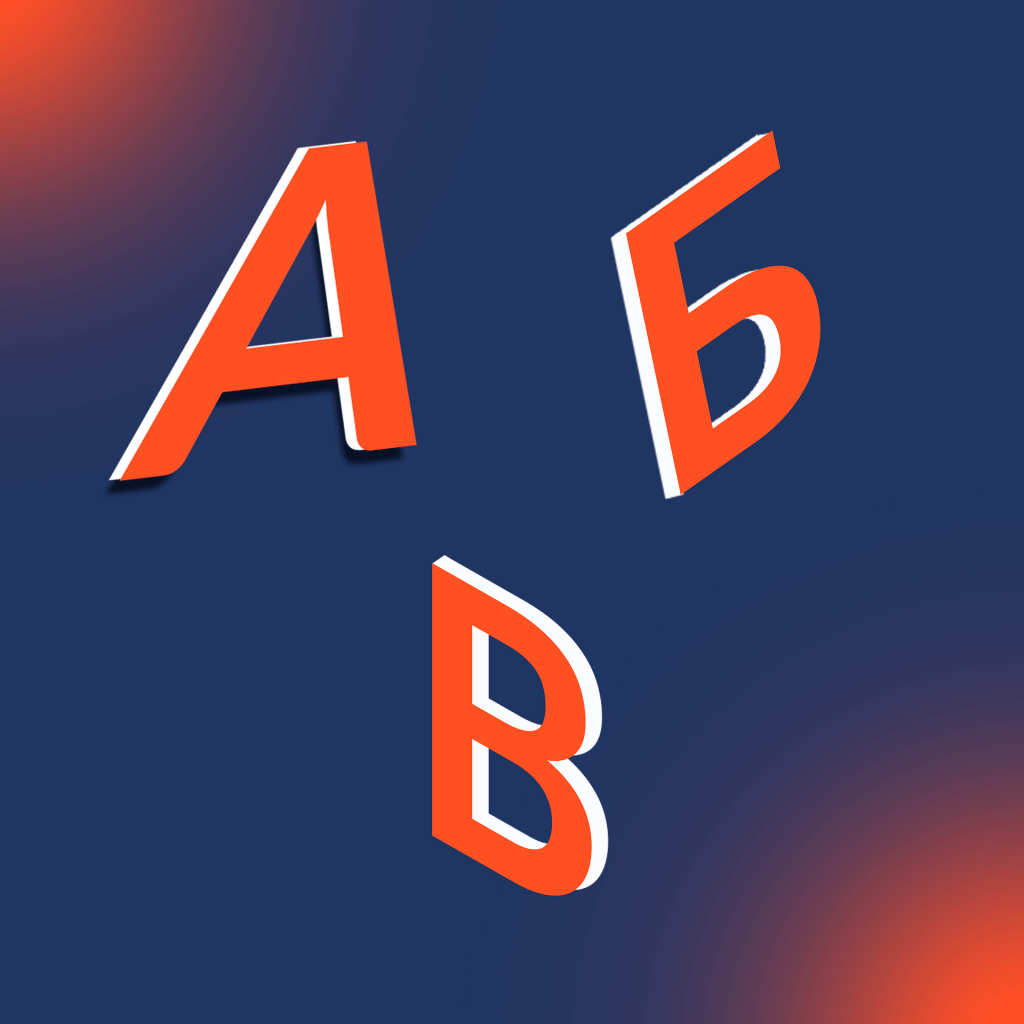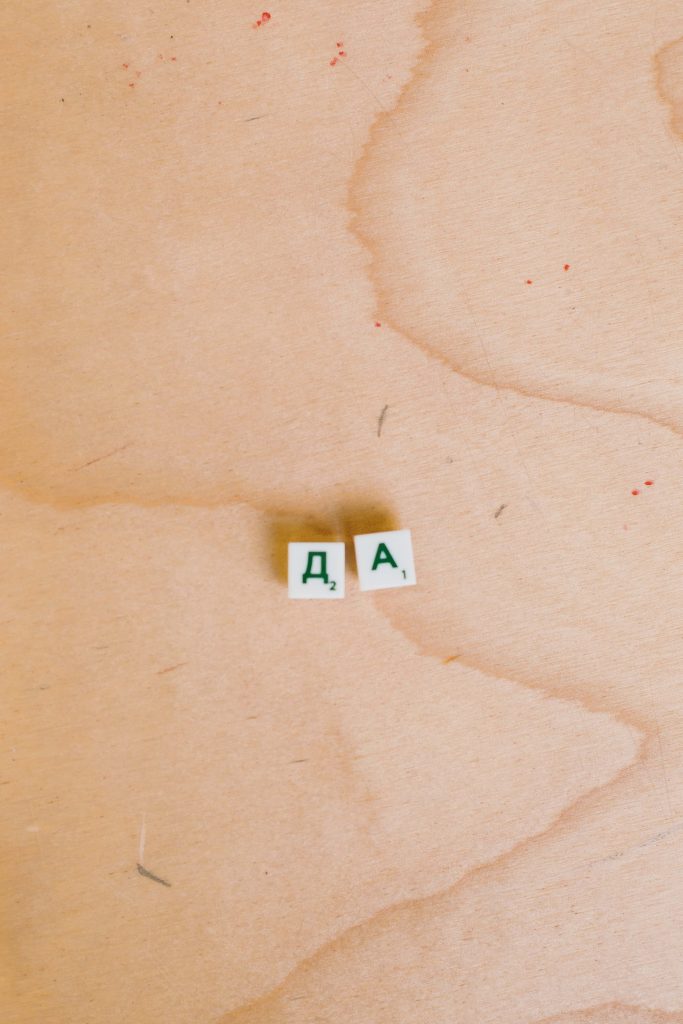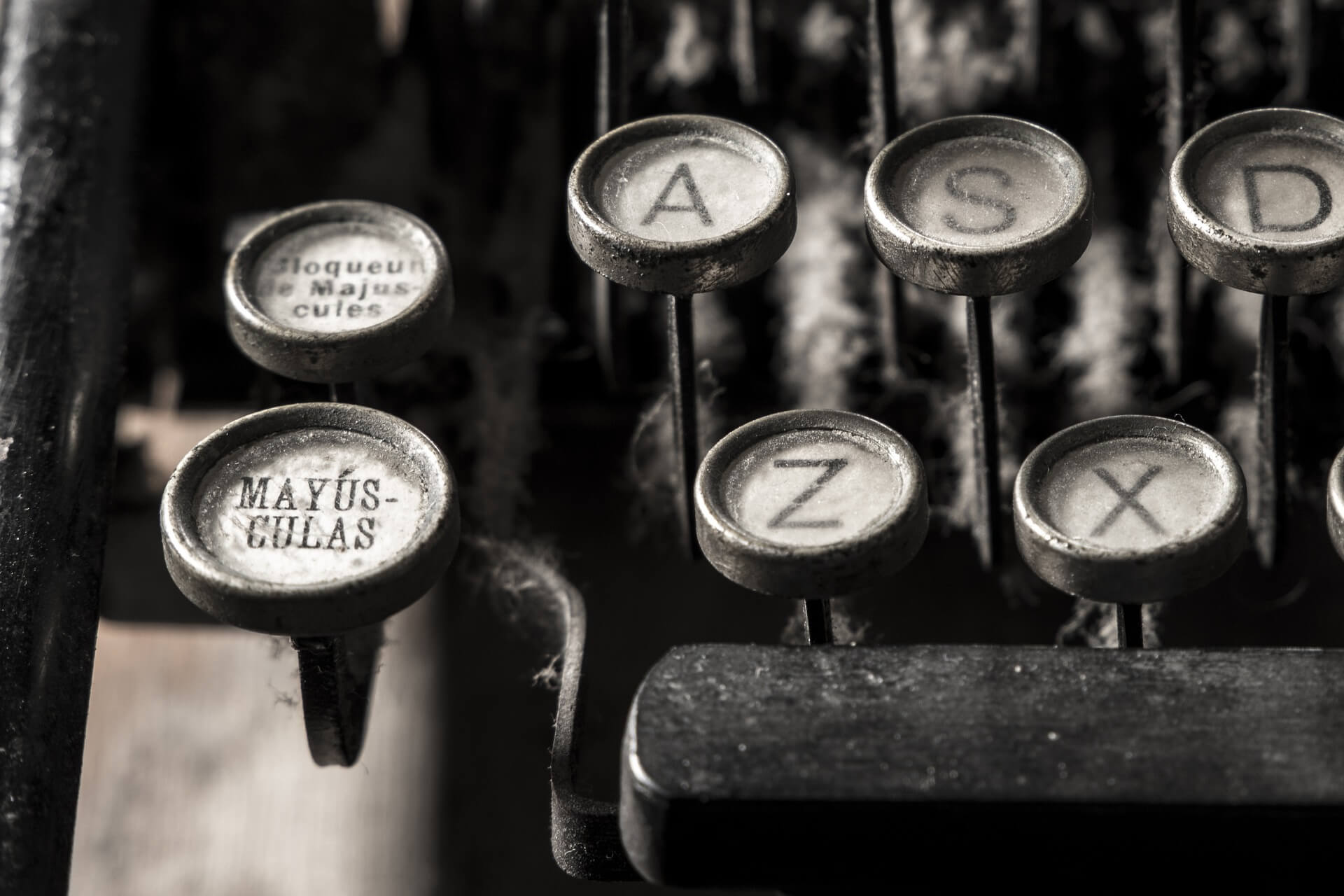Let’s be realistic- every language is interesting.
Whether it is because learning anything gives you excitement and broadens your horizons or it is because through learning a new language you get to understand other cultures, interesting people, and traditions.
However, there is something magical in learning a ‘small’ language, in diving into another world, perhaps unknown to most people. It’s like going on an adventure to a place where very few men have been before, exploring it and trying to feel it and find it in yourself.
Believe me, that’s what it’s like.
It is never easy (nor is starting an adventure) but it is worth it.
Serbian is a very old language of culture and amazing and inspiring literature, a language that people gave their lives for so many times. Also, there are more than 12 million Serbian speakers in the world and that is not a small number.

Not to mention it has a phonetic alphabet, which makes it as cool as a language can get.
So let’s start exactly with that.
1. A phonetic alphabet
In 1818 a very educated and well-intentioned guy called Vuk, along with some of his friends, reformed the Serbian alphabet, doing a big favor to everybody ever since. Amongst other things he made the alphabet phonetic, which means that one letter has one sound and there can be no exceptions. So 30 letters=30 sounds. Or, “Write as you speak and read as it is written.”
What it means for you, a respected future Serbian speaker is that you will learn how to read Serbian in exactly 12 minutes or less. Great job, let’s keep going!
2. Serbian speakers are the only ones in Europe who are fully functionally digraphic
We won’t make you google the word now but quickly explain it. That means the Serbian language has two writing systems (two sets of letters) - Cyrillic and Latin alphabet- and they are equally used and everybody can use either one whenever they feel like it (sometimes without paying attention or even realizing which one they are using). Some languages use only Cyrillic (Greek, Bulgarian, etc.), others use only the Latin alphabet (English, Italian, etc.) but only Serbian uses both equally. Cool, ha?

3. Not only Serbs speak Serbian
This beautiful language is believed to originate in the 9th century. It is a part of the Serbo-Croatian foundation (today they are two separate languages) of a Slavic group of languages. Croatian, Bosnian, and Montenegrin languages all share not only the same roots but are 90% the same. So if you learn Serbian, you will have no difficulties during your travels to neighboring countries. Although Serbian minorities also live in what are now new countries (after the civil war in the 1990s), they are still trying hard to keep their language alive wherever they are.
4. Vampire
Did you know there are more than 200 000 words in the Serbian dictionary but the only one that spread to other languages worldwide is no other than-a vampire (vampir)? Since we don’t want to darken this article or scare you away, let’s move on to the next point.
5. Nobel Prize winner
In 1961, in a fierce competition consisting of J.R.R. Tolkien, Robert Frost, John Steinbeck, and E. M. Forster, a gentleman by the name of Ivo Andric was awarded the Nobel Prize for literature. He wrote some of the most powerful novels in world literature, in the Serbian language. He showed us magic with his words, created intense images in our heads, led us through the painful past, and brought us back to ourselves, using this beautiful, poetic language. We bow to you, Mr. Andric.

Bonus: The most beautiful Serbian word
Recently, in a poll, mostly conducted amongst Serbian elementary and high school students, the most beautiful Serbian word was suggested and then chosen by a professional committee. The reason this is such a big deal is that there are hundreds of beautiful words in this language; the ones that bring tears to your eyes and the ones that bring happiness; the inspiring ones, the descriptive ones, the ones with heart and soul and the smart ones; the scientific ones and the artistic ones.
Just like in any language for that matter.
But these modern-day kids, whom we always criticize, surprised us all and chose the word - praskozorje (dawn, dawn break).
Once you learn Serbian (hopefully soon) and all the contexts you can use this word in, you will understand completely what praskozorje truly means.
Until then, just know that it is a name for a part of the day when dawn breaks, just before the day bursts through the darkness and shines on the sleepy world. It also symbolizes new beginnings and hope. Praskozorje.
